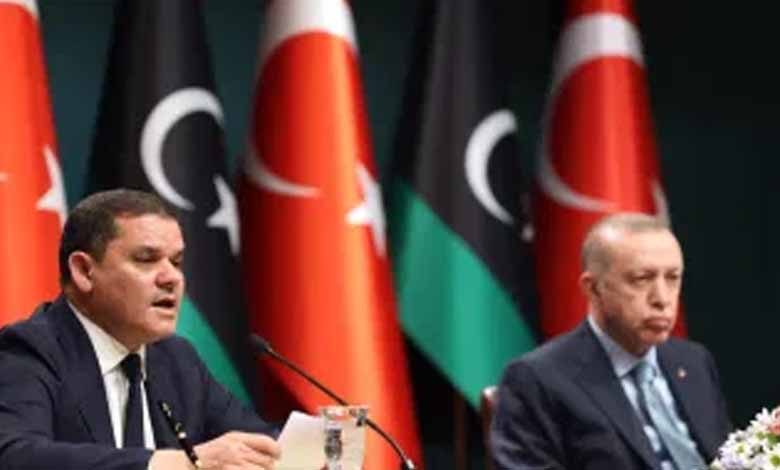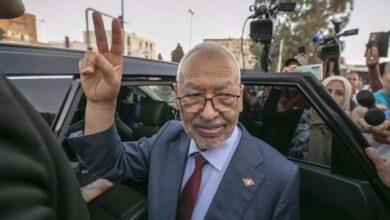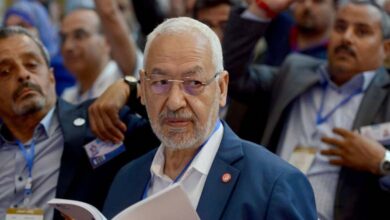Libya… Government abandons Turkey for these reasons

The chaos in Libya over the course of a decade has resulted in the spread of terrorist organizations, which has allowed the formation of more than 300 armed militias, including tens of thousands of young Libyans. The country has become a major arena for internal and external wars, as many international and regional powers have seized the opportunity and allowed themselves to intervene militarily in Libya, under different slogans and justifications, to hide the fact that they aspired to benefit from the oil wealth and geographic location that made them the owner of one of the largest coasts overlooking the Mediterranean Sea, which is rich in hydrocarbon gas, on which most European countries depend for energy.
Libya has come a long way in forming a government of national unity, headed by Abdulhamid Al-Dabaiba, which is facing the major challenge of uniting the country’s conflicting factions east and west, and preparing the country for presidential and parliamentary elections before the end of this year, that is, in less than seven months. This requires, according to the timetable agreed with the United Nations Support Mission in Libya, the preparation of a political and legislative system for the elections before the beginning of July, which requires speeding up the defusing of military conflicts between the various militias working for the different political factions, as well as the removal of all the foreign military forces currently present in the country, and the tens of thousands of mercenaries belonging to Turkey, which constitute the biggest obstacle to the desired political transition.
“According to the UN ceasefire agreement signed in October, Libya has more than 20,000 mercenaries, most of them from Syria, working under the command of Turkish forces stationed in Tripoli, since Turkey signed a military agreement with the previous government, the Government of Accord, in December 2019.”
“Over the course of 2020, more than 3,000 Turkish military officers and experts were sent to Libya to lead the Government of National Accord militias and Turkish-recruited mercenaries, numbering around 18,000, mostly Syrians, according to the Syrian Observatory for Human Rights.”
“All foreign forces and their mercenary militias were supposed to leave Libya before 23 January, but none of the foreign powers, particularly Turkey and Russia, chose to leave Libya on time.” “In December, the Turkish parliament ratified a decision to extend Turkey’s military presence in Libya for the next 18 months.”
The latest UN Security Council resolution, issued on 16 April, reiterated the international community’s support for the Government of National Unity in its difficult mission against internal militias and foreign mercenaries. The UN Security Council unanimously adopted a resolution supporting the political process in Libya and calling on all foreign forces and their mercenaries to leave Libya immediately, without delay. The Security Council also decided to deploy a team of 60 civilian commissioners to monitor the implementation of the ceasefire agreement between the warring factions in Libya.
Libyan Foreign Minister Najla Al-Mangoush stressed the need for the withdrawal of pro-Turkish mercenaries from Libya, saying this is an irreversible condition for talks with Ankara to normalize relations.
Al-Mangoush said in front of the Italian Chamber of Deputies last Friday that the government of national unity has opened a dialog with Turkey over the past period, confirming its determination to withdraw from the country, according to the Italian news agency AKI.
The engraved statements were supported by Abdulhamid Al-Dabaiba, the head of the Libyan national unity government, who slapped Turkish President Recep Tayyip Erdoğan and his Brotherhood political arm in Libya after he announced his position on the recent crisis due to the Libyan Foreign Minister’s statements about the Turkish occupation in Libya.
Al-Dabaiba announced his position on the fierce attack by the Libyan Presidential Council on Minister Najla Al-Mangoush, in addition to the false accusations by the terrorist Brotherhood group, confirming his support for the minister, thus blocking the path of the Turkish absurd schemes in Libya.
Following Erdoğan’s recent visit to Turkey, due to his renunciation of the contribution to the rebuilding of Libya, press sources revealed that there are disagreements between Turkish President Recep Tayyip Erdoğan and the Head of National Unity in Libya, Abdul Hamid Al-Dabaiba, confirming that there is a study for the unity government, to cancel the agreements signed between the Erdoğan regime and the outgoing Government of Accord, to put an end to Turkey’s flagrant interference in the internal affairs of Libya.












